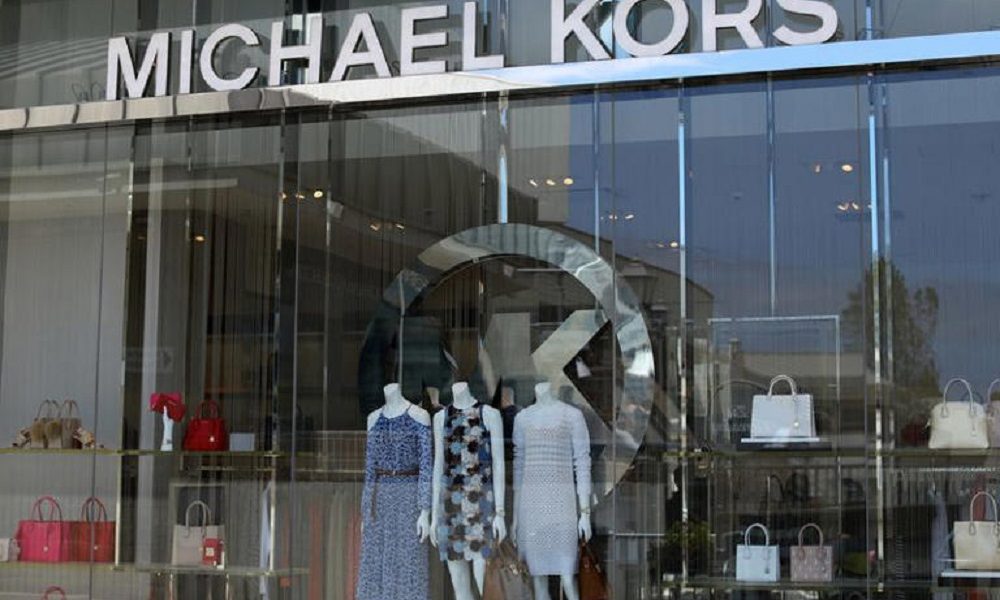
Michael Kors Faces Uncertainty After $8.5 Billion Luxury Deal Collapses

The highly anticipated $8.5 billion Michael Kors deal with Tapestry, the parent company of Coach, has officially collapsed. Following months of legal battles with antitrust regulators, the companies abandoned their plans for a merger that aimed to rival European luxury giants like LVMH and Kering. This development casts uncertainty over Michael Kors, which has faced lagging sales and market share losses in recent years.
Regulatory Pushback Shakes the Michael Kors Deal
Antitrust regulators argued the merger could harm consumers by leading to higher prices and lower quality products. The Federal Trade Commission (FTC) froze the deal weeks ago, forcing both companies to reconsider their options. Despite the expedited appeals process, Capri Holdings, the parent company of Michael Kors, and Tapestry opted to walk away from the merger. The FTC’s resistance reflected a growing scrutiny of consolidation in the luxury retail sector.
This cancellation not only marks a major setback for Capri Holdings but also highlights challenges in forming an American luxury conglomerate to compete globally. Analysts believe the regulatory concerns made the merger untenable, leaving Capri to chart its future independently.
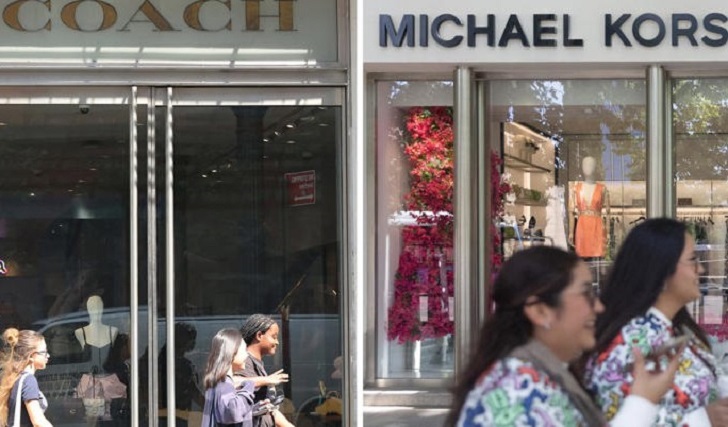
Gabrielle Fonrouge | MSN | Michael Kors’s $8.5 billion deal with Tapestry, Coach’s parent company, has officially collapsed.
Market Reactions to the Failed Merger
The fallout from the collapsed deal has hit Capri Holdings hard. Shortly after the initial freeze, Capri’s stock price plummeted by nearly 50%, signaling investors’ diminishing confidence in the company’s standalone strategy. Capri will not receive a breakup fee from Tapestry, although it will recover $45 million in legal expenses.
Tapestry, widely considered the stronger company, emerges relatively unscathed. However, the collapse puts added pressure on Capri, whose revenue has taken a significant hit, especially at Michael Kors, its flagship brand. With a 16% decline in revenue and a staggering 43% drop in sales in China this year, the road ahead looks challenging.
Challenges Facing Michael Kors Post-Merger
The failed deal underscores Michael Kors’ struggles to maintain relevance in a changing market. Chief Executive John Idol acknowledged that the brand has suffered from “missteps” during its acquisition process. Rapid price increases and a lack of long-term planning have further strained the company’s position. Idol announced plans to close 75 underperforming Michael Kors stores and renovate 150 others to reignite consumer interest.
Once a promising luxury brand market, China has become a sore spot for Michael Kors. Economic slowdowns and shifting consumer spending patterns have led to significant losses. Idol admitted that the brand faces uncertainty in the region, prompting a strategic pivot toward the North American market. The company hopes to stabilize its finances over the next two years by streamlining operations and refocusing its efforts.
Speculation on Capri’s Next Moves
The collapse of the Michael Kors deal has sparked speculation about Capri’s future. Analysts suggest the company may consider spin-offs or asset sales to unlock shareholder value. Versace and Jimmy Choo, Capri’s other luxury brands, could be sold separately to maximize enterprise value. This move would allow Michael Kors to operate as a standalone brand, which some believe could better position it for recovery.
Capri’s openness to future deals has not gone unnoticed. Idol hinted during a recent investor call that the company remains receptive to discussions involving its assets. However, before exploring any major transactions, Capri must address its financial challenges and improve its market performance.
A Bleak Outlook for the Luxury Market
The challenges facing Michael Kors are emblematic of broader issues in the luxury market. Consumers, particularly aspirational shoppers, are scaling back their spending amid economic uncertainty. Economic conditions have significantly dampened demand in regions like China, where luxury brands once thrived. This decline has made recovery even harder for brands like Michael Kors, which rely heavily on international markets. Despite the bleak outlook, analysts remain cautiously optimistic that Capri Holdings can eventually find its footing.
More in Luxury & Life Style
-
`
Is Robotics A Sport? Here’s Why It Should Be
Is robotics a sport? This question has sparked debates across the globe. But it is about time we seriously consider it....
July 5, 2024 -
`
Is Gwyneth Paltrow Jewish?
In the vibrant tapestry of Hollywood’s diverse cultural backgrounds, Gwyneth Paltrow stands out with her unique blend of heritage and faith....
June 25, 2024 -
`
Why the WNBA Has a Long Way to Go to Generate ‘Reliable’ Revenue
The WNBA has made significant strides in recent years, but generating reliable revenue remains a challenge. Caitlin Clark, the Indiana Fever’s...
June 19, 2024 -
`
12 Most Luxurious Cars in the World to Consider Buying in 2024
The automotive industry continuously pushes the boundaries of luxury, and 2024 is no exception. This year, the most luxurious cars blend...
June 13, 2024 -
`
A Quick Step-By-Step Guide on How to Use ChatGPT
In an era where artificial intelligence transforms daily interactions, understanding tools like ChatGPT not only enhances productivity but also bridges the...
June 7, 2024 -
`
Who Won the Rap Beef? Kendrick Lamar vs Drake
The year 2023 witnessed an epic clash between two titans of the hip-hop realm, Kendrick Lamar and Drake. Their long-simmering feud...
May 29, 2024 -
`
What is Equity in Business and How to Calculate It?
Think of your business as a dynamic project. You start it using your own money and resources. As your business expands,...
May 22, 2024 -
`
What is Soju vs Sake and How Do They Differ?
If you’ve delved into the world of Asian cuisine, chances are you’ve encountered the names ‘soju’ and ‘sake’. These two beverages,...
May 16, 2024 -
`
Exploring the Legacy of Old Motorola Phones
Remember those days when “hello” wasn’t just a greeting, but a way of life? We’re talking about the pre-smartphone era, when...
May 9, 2024

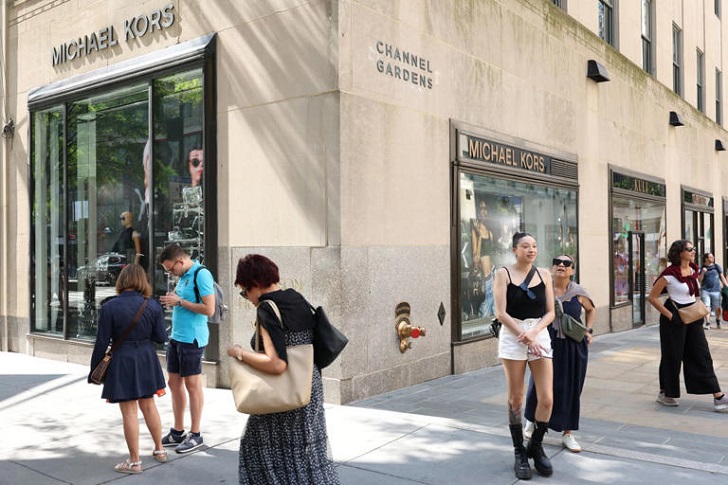





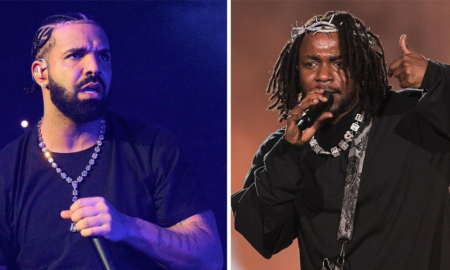

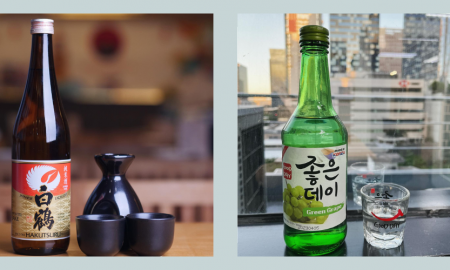

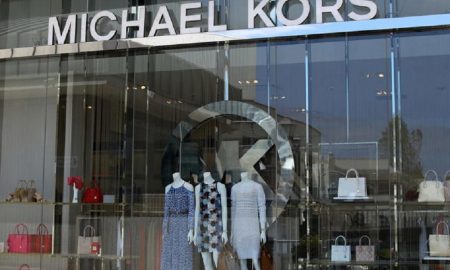


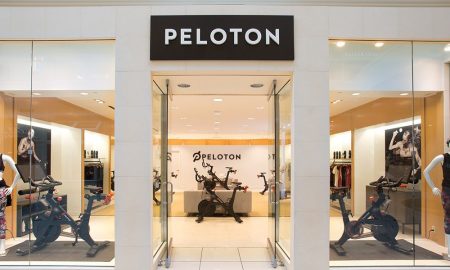
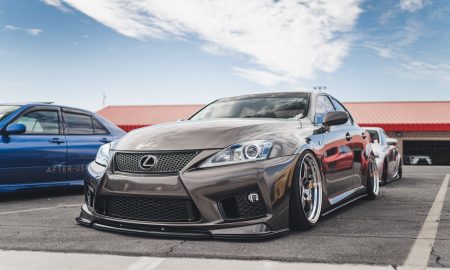
You must be logged in to post a comment Login